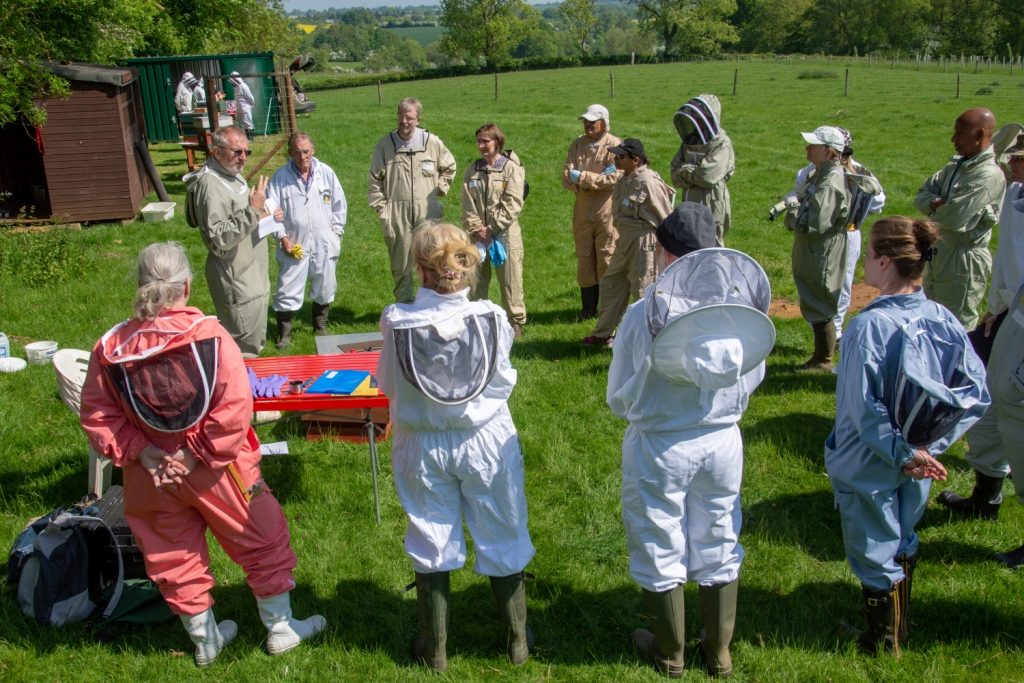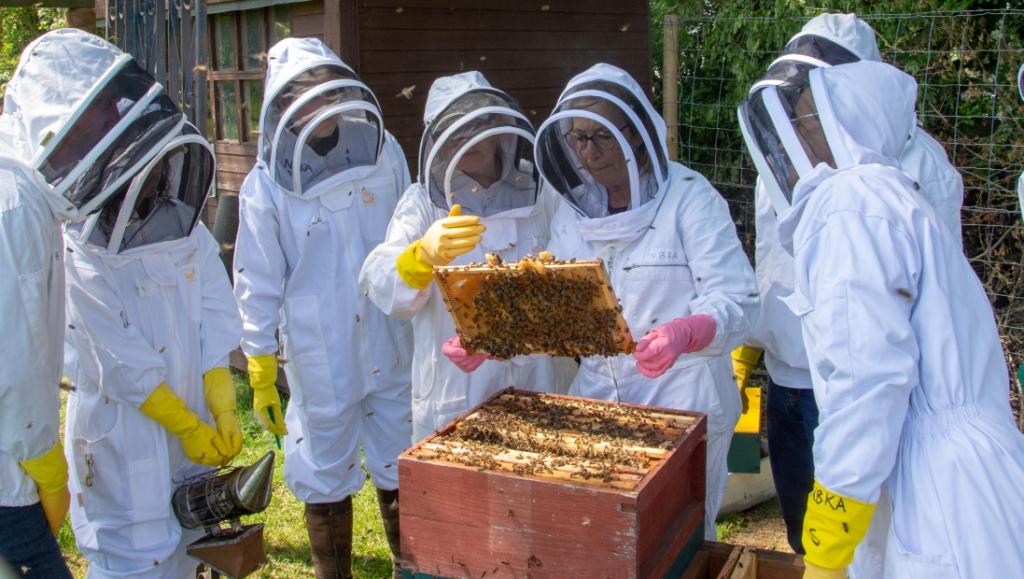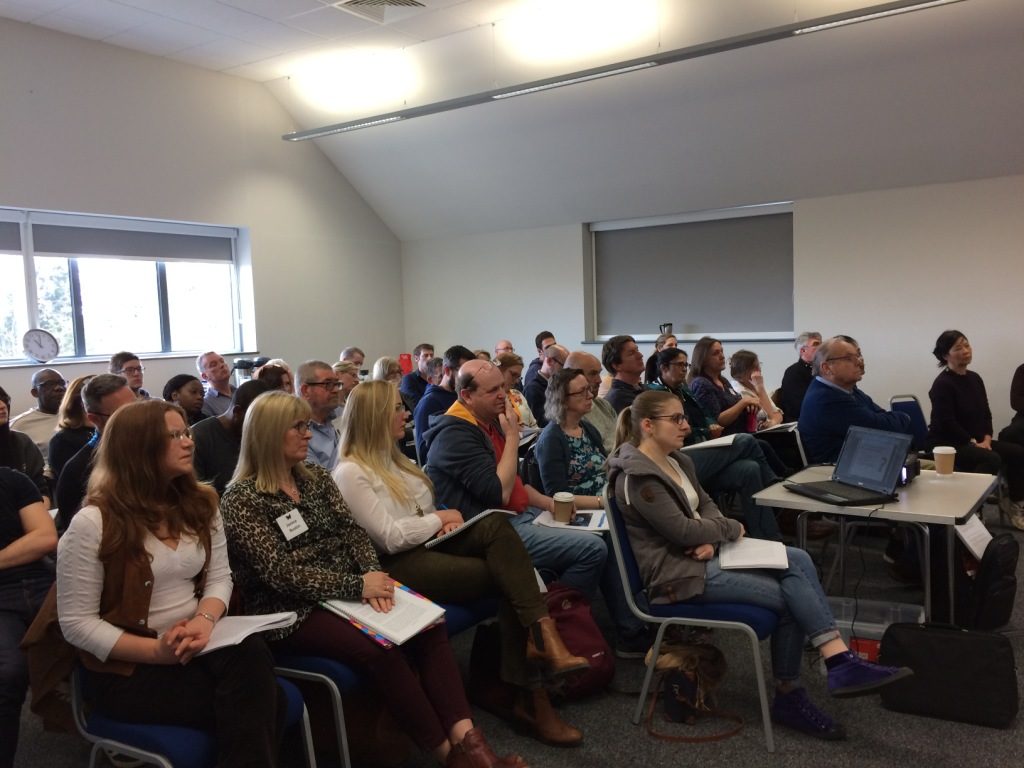If you are hoping to learn more about beekeeping, the best way to start is by gaining hands-on practice with an experienced beekeeper. We recommend attending the NBKA Apiary in East Haddon, which is open on Sunday mornings from 10:30 am, from late spring until September. Further details are available on the Apiary webpage.
Each year we offer a beginners’ course consisting of seven talks from January to March, followed by opportunities for practical experience. This course fills up quickly — we invite applicants to notify us of their interest from August each year. For reference, the course format is shown below.
We also arrange for members to take the BBKA Basic Assessment and, during the winter months, organise lectures geared towards the BBKA Modular Examinations. Further details are below.
To take the Basic Assessment, you should have managed at least one colony of bees for a minimum of 12 months. For further information on the Basic Assessment syllabus and other training, please contact the Training and Education Officer, Sue Sneesby, at nbkatrainingeducation@gmail.com.


The format of the course this year follows the structure below and is based on sessions held at Moulton Community Centre on Saturday mornings between January and March. The cost of the course is £90. If you wish to express an interest in the 2026 Course, please email nbkatrainingeducation@gmail.com.
NB: If you know that you have an allergy to bee stings, it is inadvisable to undertake beekeeping unless you have discussed this with a qualified medical practitioner.
Format of Beginners’ Course Programme
Session 1 – 17th January: Introduction to the honeybee and beekeeping
Session 2 – 24th January: Lifecycle, wintering and spring build-up
Session 3 – 31st January: Apiary, Equipment and Hygiene
Session 4 – 7th Febuary: Diseases and Pests
Session 5 – 28th Febuary: Swarming, swarm control and effects
Session 6 – 7th March: Forage and hive products
Session 7 – 21st March: Extras and Getting started
